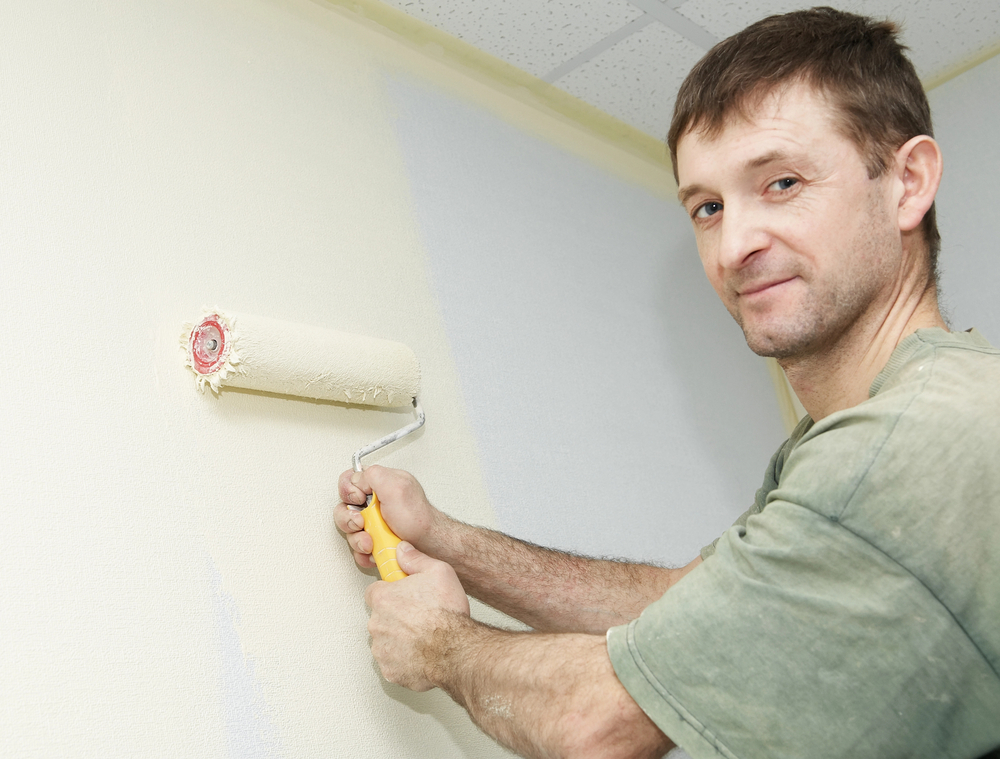
What is the Process for Finding a Reliable Handyman in Santa Clarita?
Finding a reliable handyman in Santa Clarita can be somewhat of a challenge, especially if you're not sure where to start! (And let's face it, nobody wants to end up with a repair that's worse than the original problem.) First off, word-of-mouth is always a solid approach. Asking friends or family for recommendations is often one of the best ways to find reliable help. People are usually eager to share their positive experiences and warn you about the bad ones (and they'll be honest about it too!). Don't hesitate to ask your neighbors as well; chances are they've had similar needs and have found skilled professionals in the area. Another effective method is consulting online platforms. Websites like Yelp, Angie’s List, or even local Facebook groups can provide insights through reviews and ratings. However, take care not to rely solely on these as they can sometimes be misleading due to fake reviews. It's important you read through them carefully—seeing both the good and the bad feedback—to get a balanced view. Once you've got some names, don’t shy away from interviewing potential candidates. Ask them about their experience, request references, and
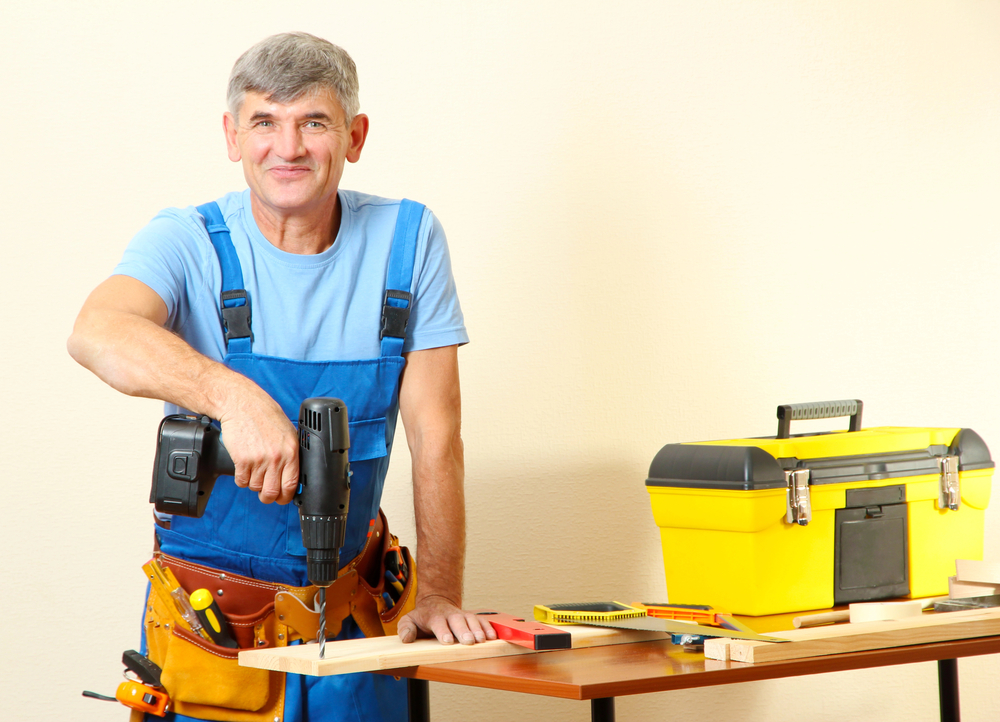
What is the Best Way to Hire a Handyman in Santa Clarita?
Hiring a handyman in Santa Clarita can seem daunting at first, but with the right strategies (and a bit of know-how), you can find someone reliable and skilled to tackle your home repair needs! It's important not to rush this process; taking your time can lead to better results. First off, word-of-mouth referrals are invaluable. Ask your neighbors or friends (you'd be surprised how many have a go-to guy) who they rely on for their home repairs. Personal recommendations carry weight because they're based on direct experience with the handyman’s work ethic and results. Oh! Don't forget about online resources. Websites like Nextdoor or Yelp provide reviews that help gauge a service provider's reputation. However, it's crucial to read these reviews critically; sometimes they’re not as impartial as they seem. Once you've got a list of potential handymen, don’t just hire the first one you meet. Instead, interview several candidates. Discuss their previous projects and ask for references—this isn’t being nosy, it’s being thorough! Also, confirm that they have the necessary licenses and insurance; this is essential for protecting both parties in case something goes awry. And

What is Included in Professional Handyman Services?
When you think about professional handyman services , what springs to mind? Probably a jack-of-all-trades – the go-to person who can fix nearly anything in your home! This kind of service encompasses a broad array of tasks that usually involve general repair or maintenance work, and honestly, it's pretty indispensable for homeowners (and renters too!). First off, let’s talk about the basics. A professional handyman typically handles things like fixing leaky faucets or doing minor wall repairs. These might seem like small issues but trust me; they're not something you'd want to leave unchecked. It's not just about tightening a screw here and there; it’s more about ensuring everything in your household functions smoothly - from the doors and windows right down to the kitchen sink! Oh, and don’t forget the electrical fixes! Whether it’s replacing a faulty light switch or installing new lighting fixtures, these are tasks that appear simple yet require an expert touch to ensure safety and functionality (you wouldn’t want any accidents). And while we’re on this topic, most handymen are equipped to handle minor plumbing work as well. Think unclogging drains or perhaps replacing old piping that isn't

What are Handyman Services and How Can They Benefit Your Home?
Handyman services encompass a broad range of tasks that can greatly aid in the maintenance and improvement of your home. These services are provided by skilled professionals who are capable of handling diverse jobs, from minor repairs to more considerable renovations. So, what exactly falls under the umbrella of handyman services? Well, it's quite a variety! They can fix leaky faucets, paint walls, install shelves, or even assemble furniture. Essentially, if you've got a list of chores that require both tools and skills, a handyman is likely your go-to person. One might wonder (and rightly so!) why they should opt for these services when DIY is an option. Here’s where it gets interesting! Not everyone possesses the necessary skills or tools to perform home repairs or improvements efficiently. Furthermore, tackling these tasks on your own isn't just time-consuming; it could also lead to mistakes that might end up costing more than hiring a professional in the first place. Moreover, let's not overlook safety! Engaging with electricity or climbing up ladders carries risks which aren't worth taking when experienced professionals could handle them much more safely. Now, consider
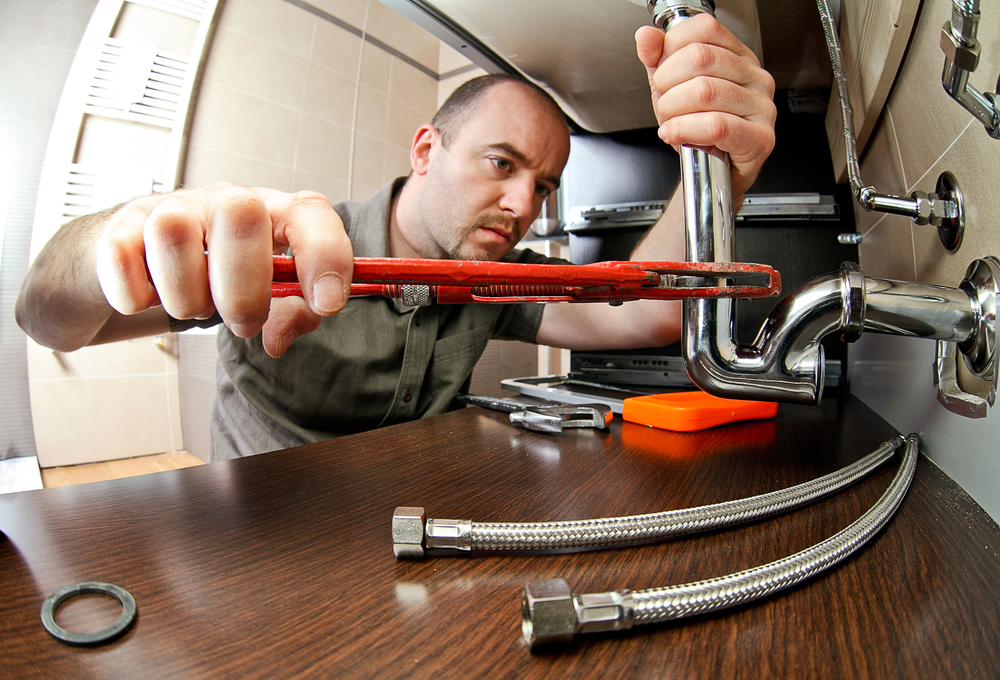
What is the Typical Cost of Hiring a Handyman for Home Repairs?
Hiring a handyman for home repairs can be a game changer especially when you are not that handy yourself or simply don't have the time to do it! However, the cost of bringing in a professional to help with those odd jobs around the house can vary widely. First off, it’s important to understand that different factors influence the rate charged by handymen. These include (but aren’t limited to) the complexity and length of the job, geographical location, and whether your handyman is licensed and insured. Typically, they charge either an hourly rate or a flat fee per project. So, how much does it generally cost? Well, on average (though this isn’t always the case), you might expect to pay between $60 and $125 per hour. Some may think that's quite steep; however, considering they're equipped to handle from plumbing issues to electrical fixes – it’s not unreasonable. Of course in some bustling cities, rates might climb higher due to increased living costs. For smaller tasks (think hanging pictures or fixing a leaky faucet), many handymen offer “task-based” fees which could range from $50 up to $200 depending on what’s
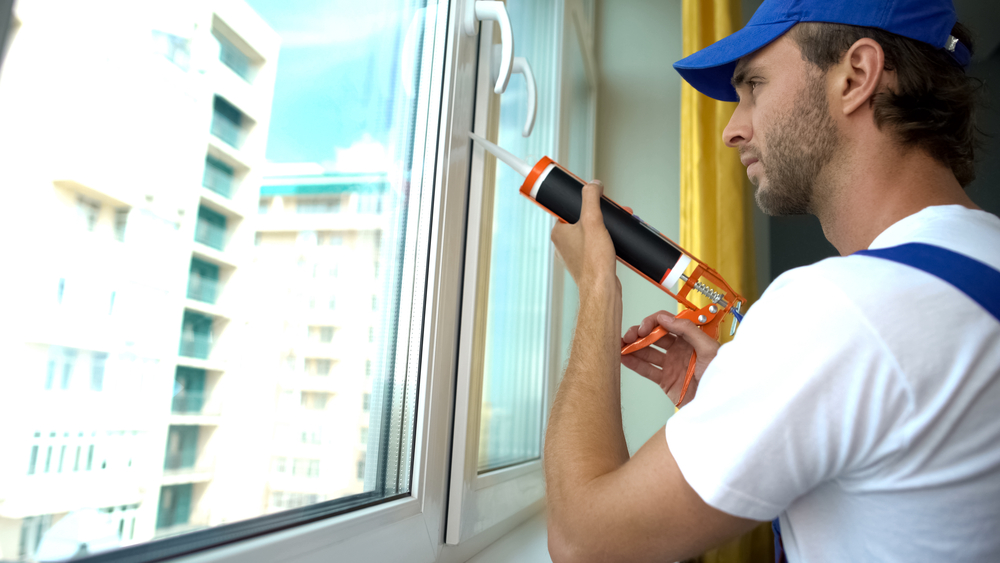
What is the Difference Between a Handyman and a Contractor?
When it comes to home repairs and renovations, many people find themselves wondering whether they should hire a handyman or a contractor. It's a common dilemma (indeed!), and understanding the differences between these two roles can help homeowners make better decisions based on their specific needs. Firstly, let's talk about what each term generally means. A handyman, or a jack-of-all-trades as some might call them, is typically someone who is skilled in a wide range of minor repair tasks around the house. These tasks might include anything from fixing leaky faucets to patching up drywall or even doing some basic carpentry work. Handymen are great for those small jobs that don't require specialized licenses or permits. On the other hand, a contractor is usually more specialized and often has the credentials to back up their expertise. Contractors often take on larger projects that involve specific skills like plumbing, electrical work, or extensive remodeling. They're required to follow strict regulations and obtain various permits before proceeding with such tasks—something handymen don’t always have to worry about! Now, let’s highlight one important distinction: licensing! In most cases (although not all), contractors must
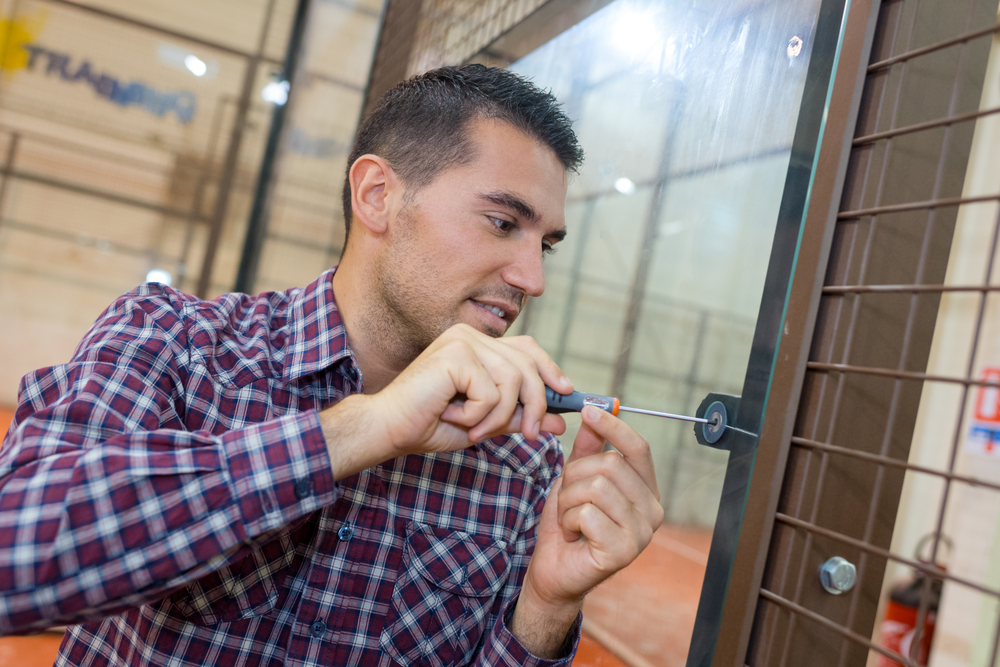
What is a Handyman and What Skills Should They Possess?
A handyman is a versatile worker skilled in a variety of repairs and maintenance tasks that are typically needed around the home or office. These jacks-of-all-trades perform duties that range from minor to major, fixing electrical issues, plumbing, household carpentry, and even painting! The role requires not just technical skills but also good communication and problem-solving abilities. So, what exactly should a handyman be capable of? First off, they need to have knowledge in general maintenance work. This isn't just about knowing how to use tools (though that's certainly important), but also understanding how things in the home operate generally so they can diagnose issues when something doesn't work as it should. Moreover, basic carpentry skills are essential. A handyman might need to repair or install shelves, doors or even windows. They don't necessarily need the advanced skills of a trained carpenter; however, having an understanding of how to measure accurately, cut precisely and ensure structures are level can never be underestimated (and yes - these details really matter!) Electrical know-how is another crucial area. While they don’t need to be licensed electricians (and shouldn’t attempt complex wiring without proper